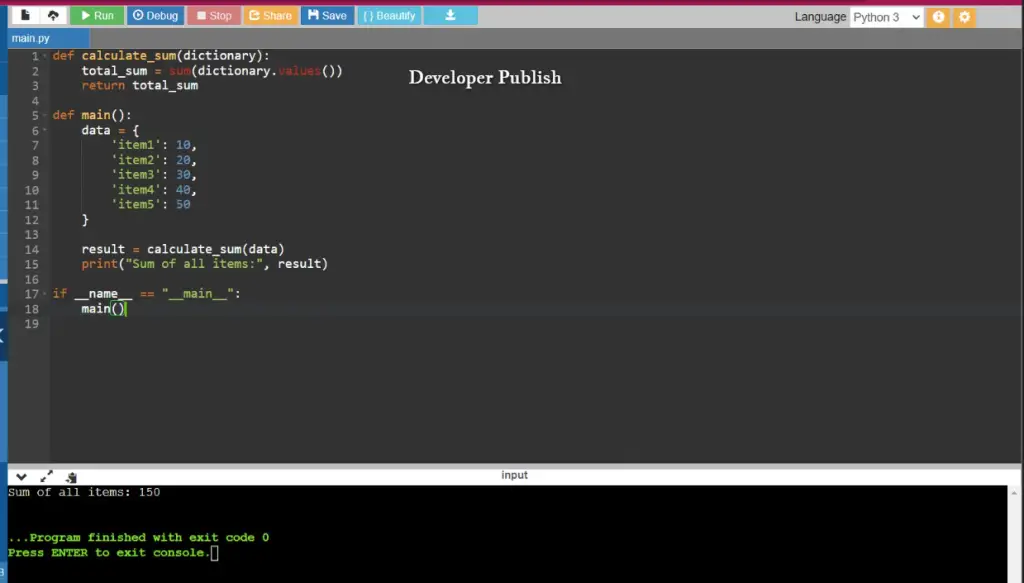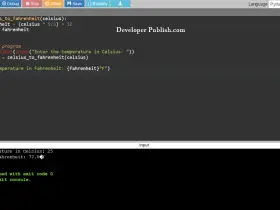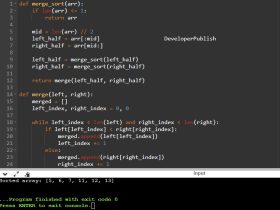Python Program to Find the Sum of All the Items in a Dictionary
In this Python program, we’ll create a program to find the sum of all the values in a dictionary. Given a dictionary with numeric values, the program will calculate and display the sum of those values.
Problem Statement:
Given a dictionary containing numeric values, we want to calculate the sum of all the values in the dictionary.
Python Program to Find the Sum of All the Items in a Dictionary
def calculate_sum(dictionary):
total_sum = sum(dictionary.values())
return total_sum
def main():
data = {
'item1': 10,
'item2': 20,
'item3': 30,
'item4': 40,
'item5': 50
}
result = calculate_sum(data)
print("Sum of all items:", result)
if __name__ == "__main__":
main()
How it Works:
- We define a function
calculate_sumthat takes a dictionary as its parameter. - Inside the
calculate_sumfunction, we use thesum()function along with thevalues()method of the dictionary to calculate the sum of all the values in the dictionary. - The
main()function contains a sample dictionary nameddatawith numeric values. - We call the
calculate_sum()function with thedatadictionary as an argument and store the result in theresultvariable. - Finally, we print out the sum of all the items in the dictionary.
Input/Output:





Leave a Review